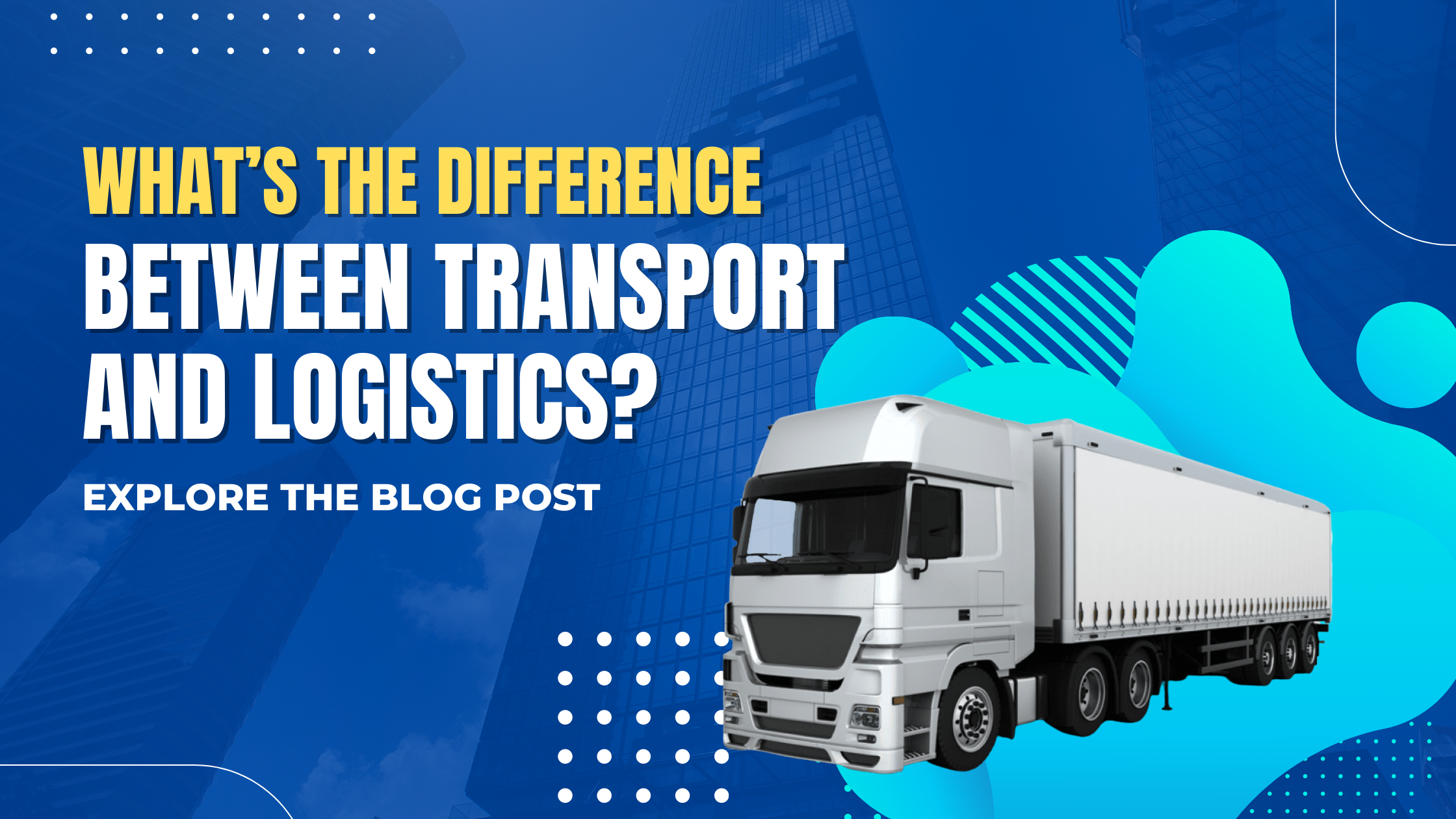What’s The Difference Between Transport And Logistics?
The logistics sector is substantially more significant than the transportation industry, which is a vital aspect of the logistics industry. Logistics is a broad phrase that incorporates freight management. In other words, logistics is concerned with the integration of storing, handling, sorting, and packaging of commodities, whereas transportation focuses on the moving of goods from one location to another. We have shared the important difference between Transport and Logistics.
Transportation
As previously said, the transportation sector is a subset of the logistics business. Its primary focus is on the conveyance of commodities by land, sea, and air. These transportation businesses collaborate with the logistics organizations, such as Eternity Logistics, to move items from one location to another. A transport firm cannot deliver to clients on its own; it needs a communication link that permits commerce between a supplier and a customer. It is usually ideal for a customer who wants to send a consignment to employ the services of a freight forwarder who takes care of the services starting from the dispatch of the items until the delivery of the products to the delivery point specified by the customer.
Logistics
Procuring, getting, creating, and delivering materials and goods to the consumer at the appropriate time and location are all aspects of logistics management. The planning, management, and execution of initiatives to improve the logistical effectiveness of transportation operations are all aspects of logistics. The logistics company is responsible for tracking and tracing the cargo, beginning at the origin and continuing to the destination location.
What is the difference between transport and logistics?
The transfer of goods through land, sea, and air is the primary concern of the transportation sector, which is a subset of the logistics business (methods of transport). Within the supply chain context, "logistics" refers to a considerably more comprehensive range of operations than just transporting goods from one place to another.
Demand forecasting, export packing, carton labeling, order administration, inspection, transportation management, customs clearance, warehousing, and distribution are some of the tasks carried out as part of logistics. A portion of the logistics business consists of the operations that allow goods to be transported across international borders.
The logistics sector focuses on planning operations that manage product transportation and the essential data and paperwork for efficient and cost-effective international trade across borders.
In other words, logistics is all about preparing and putting plans into action, while transportation is all about carrying out the schedule for the distribution of the consignment. Both must cooperate for the operation to be effective. Transportation is a component of freight services, and freight services are an element of logistics. Additionally, logistics takes care of:
Conclusion
Transportation is concerned with moving products from one location to another, but logistics is a comprehensive phrase that covers freight management. Logistics is concerned with the integration of storage, handling, sorting, packaging, and transportation of commodities.
The increasing technology has a significant influence on both the logistics and transportation sectors. The tracking system begins as soon as the cargo is ready for delivery, boosting transparency in the transaction and among different parties.


